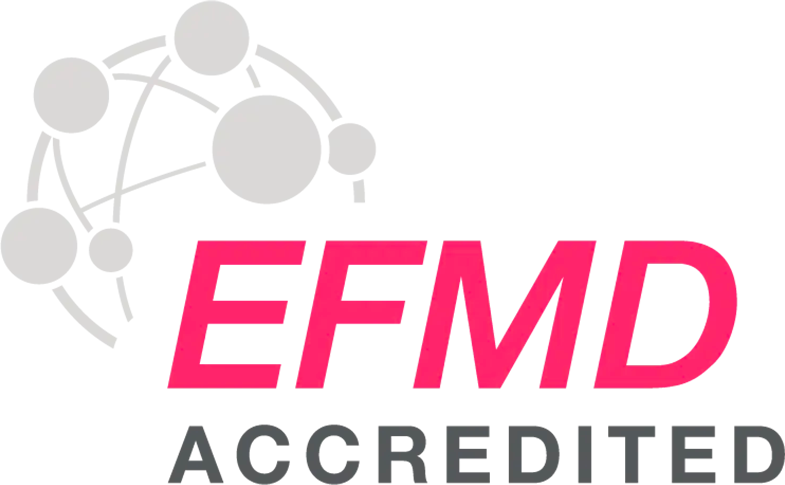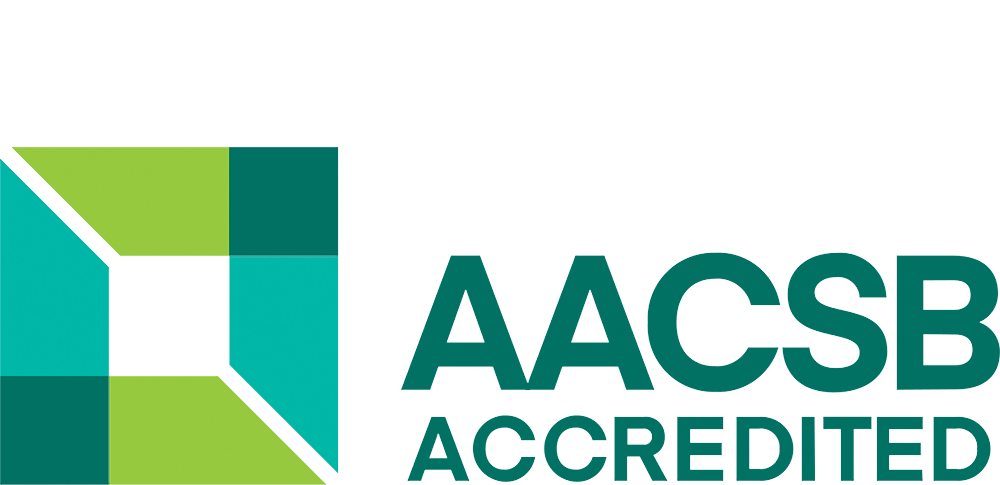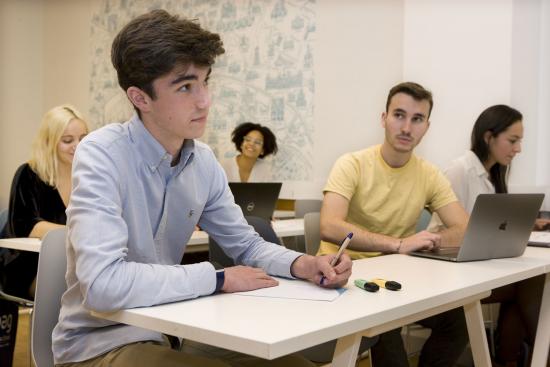The DUT* (Diplôme Universitaire de Technologie) and the BTS (Brevet de Technicien Supérieur) are two diplomas that allow high school students to do short studies after obtaining their baccalaureate. If the BTS is reputed to be more specialised than the generalist DUT, what other differences are there between these two diplomas? What type of institution should you study at? How to make the right choice according to your personal and professional project? In this article, we tell you everything you need to know about these two higher education diplomas...
Profile of DUT and BTS students
Two-thirds of BTS students have a Bac Technologique (34.9%) or a Bac Professionnel (30.2%) and two out of three DUT students have a Bac Général (65.5%). However, these are only statistics and you should not feel obliged to choose a particular course of study on the basis of the type of Baccalaureate you have obtained.
BTS and DUT: two diplomas recognised by the State
The BTS, like the DUT, is a state diploma that is obtained at the end of a two-year post-bac course. However, although they are both at Bac+2 level (120 ECTS credits), the procedures for obtaining the BTS and DUT are different. In the DUT, validation is based on continuous assessment and exam are organised at the end of the first and second semesters of each year, whereas in the BTS, the diploma is only awarded after a final exam organised at the end of the second year.
BTS and DUT admissions: what are the differences?
Admission to either of these two selective courses is based on an application file which generally includes a CV, a letter of motivation and the school record of the young baccalaureate holder. If there is no entrance exam for the BTS or DUT, a motivation interview may be organised, or even general knowledge tests... In fact, the admission procedure depends above all on the establishment (high school, university, business school, etc.) in which you wish to complete your course. The demand is so great for certain specialisations (international trade, real estate, accounting and finance, etc.) that the selection process can frighten young high school students. Don't give up before you've tried, and make sure you have a good application and prepare for your interviews.
BTS
Bachelor
Student supervision: the big difference between BTS and DUT
The DUT is prepared and obtained by going through one of the 113 IUTs (Institut Universitaire de Technologie) that exist in France. As for the BTS, it can be prepared in a high school (public or private) as well as in an apprentice training centre or in a private higher education establishment.
In terms of supervision and monitoring of students, these two courses are therefore very different. In the first year of the DUT, new graduates are often a little surprised, not to say disoriented, by the autonomy they are given from the start of their higher education studies. The supervision of students is much more important in the BTS courses in French high schools and, finally, the level of student monitoring is not equivalent to that offered in the major business schools. A guarantee of success? No doubt, since 100% of the BTS students at IPAG obtained their diploma at the end of the two years of preparation.
Acquisition of professional experience
In terms of professionalisation, although alternation is possible in both the BTS and the DUT, the BTS has a slight advantage over the DUT, since 8 to 16 weeks of internships in a company are compulsory during the course, compared to 10 weeks and tutored projects in the DUT (for those who do not do alternation). But once again, students who have succeeded in entering a business school to prepare their BTS will be able to take advantage of a more professional course with, as is the case at IPAG, a compulsory work placement each year and, of course, the possibility of following the course in a work-study course (professionalization or apprenticeship contract).
After a BTS or a DUT: professional integration or further studies?
After a DUT, 80% of students opt to continue their studies: university degree, professional degree or a Bachelor's degree in a business school, and with the new University Bachelor of Technology, they can continue for another year. The remaining 20% choose to enter the job market and find work within a few months.
As regards the BTS, half of the graduates decide to continue their studies and the other half opt for working life after two years of study. For the former, there are many possibilities: they can specialise in a Bachelor's degree, apply for a professional licence, or even enter the Grande École Programme via the parallel admissions route. Long-term studies are therefore not reserved for DUT students. Finally, those who choose to enter the job market just after obtaining their diploma very quickly find a job related to the specialisation of their diploma. This is an added bonus for business school students, as they are often accompanied by a service dedicated to their professional integration.
Now that you have all the information you need to make the right choice, take the time to think carefully about your personal project and study the range of BTS and DUT courses that exist in France.
BTS
Bachelor
To find out more about it:







